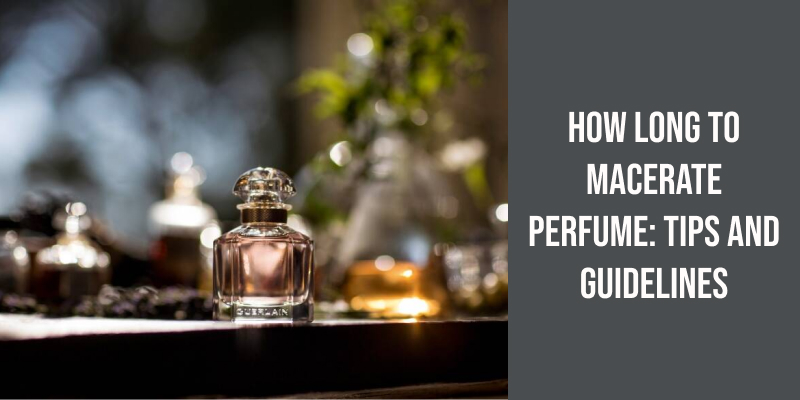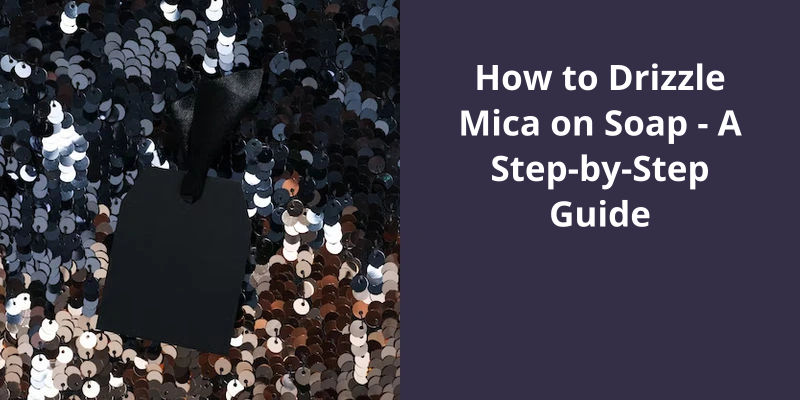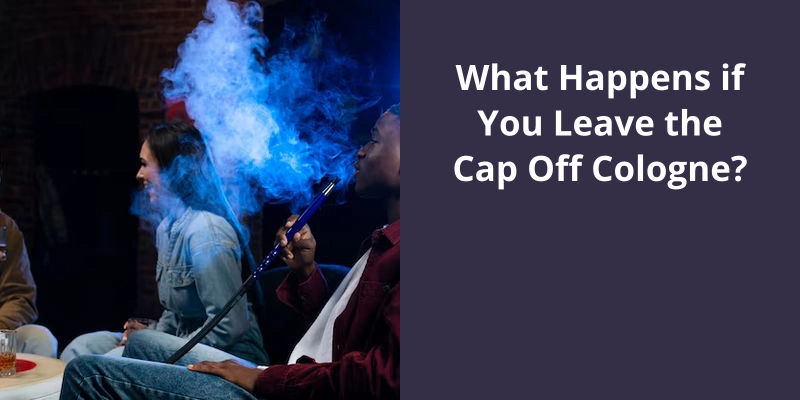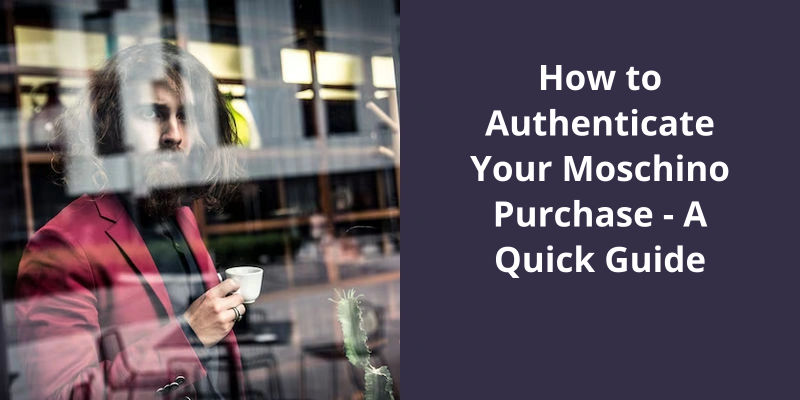The maceration period for perfume can vary greatly depending on the ingredients used and the desired end result, but generally, it lasts between one month to one year. During this time, the blend of perfume oils and alcohol is left to rest, allowing the scent to fully develop before it’s used or sold. Higher-quality perfumes, especially those using natural ingredients, may require a longer maturation period to achieve more depth in aroma. This period of resting is an essential part of perfume making as it can profoundly influence the scent. However, like any art, it’s also dependent on the perfumer’s own judgement and desired outcome.

How Long Do You Macerate Perfume?
Maceration is a crucial process in perfume-making that allows the fragrance to develop it’s full depth and complexity. The length of maceration time can vary depending on the type of perfume being made, the ingredients used, and the desired end result.
Natural ingredients are often used in perfumery because they add depth and complexity to a fragrance that can’t be achieved through synthetic ingredients alone. However, natural ingredients can also be delicate and volatile, which means that they need to be treated carefully during the maceration process. Fragrances that use a lot of natural ingredients will often require a longer maceration time in order to fully blend together and create a cohesive scent.
Base notes, which are the foundation of a perfumes scent profile, are also important in maceration. These notes are typically heavier and more long-lasting than other components of the fragrance, and they need to be given time to fully develop and integrate with the other components.
The Potential Pitfalls of Over-Maceration and the Impact It Can Have on the Final Fragrance.
- Over-maceration can lead to a loss of top notes in a fragrance
- Excessive maceration time can result in the degradation of certain fragrance ingredients
- Over-maceration can also cause a shift in the balance of a fragrance, resulting in an unpleasant scent
- The impact of over-maceration on the final fragrance can vary depending on the specific ingredients used
- It’s important for fragrance manufacturers to carefully monitor and control the maceration process to ensure optimal results
- Testing and evaluation of a fragrance throughout the maceration process can help identify any issues and prevent over-maceration from occurring
It’s no secret that Alexandria fragrances are some of the most sought-after perfumes in the market today. But for those who’re new to this perfume brand, you may be wondering if they need to macerate before use. Well, the answer is a resounding yes! In fact, all Alexandria fragrances have to macerate for at least three weeks before they can be used. But don’t worry, we’ve got some tips on how to make sure you get the most out of your fragrance. Read on to find out!
Do Alexandria Fragrances Need to Macerate?
To start with, it’s important to understand what maceration means in the context of fragrances. Maceration is the process of letting the fragrance blend sit for a certain amount of time to allow the various ingredients to fully blend and develop, resulting in a more complex and well-rounded scent. This is a common practice among perfume makers, and it’s important for achieving a high-quality final product.
When it comes to Alexandria fragrances, maceration is a crucial step in the process. All Alexandria perfumes have to macerate for at least three weeks before they’re ready for sale. This is because the brand uses high-quality ingredients and complex blending techniques to create unique and sophisticated fragrances, and maceration is needed to fully bring out the best in these scents.
Some members of the fragrance community have already addressed this issue and suggest that buyers should shake the bottle and let the fragrance sit for at least a month before wearing it. While this may improve the initial scent, it’s important to note that it isn’t a substitute for proper maceration.
While it may require a bit of patience, the end result is worth the wait. With this knowledge, customers can fully appreciate the complex and sophisticated scents that Alexandria has to offer.
Hany should make this process clear to customers so that they can fully appreciate the unique scents that he’s created.
Now, if you’re interested in taking your fragrance experience to the next level, there’s one technique you might want to try: macerating. Macerating allows the fragrance’s notes to fully develop and meld together, resulting in a more complex and nuanced scent. Here’s how to do it.
How Do You Let Fragrances Macerate?
But if you want to truly experience the full depth and complexity of the fragrance, you may want to consider macerating it. This is the process of allowing the different notes within the fragrance to blend and meld over time, creating a smoother, more harmonious scent.
To macerate a fragrance, you’ll need to expose it to air, but in a controlled and gradual way. Start by making sure the bottle is clean and dry. Then, remove the cap or stopper and set it aside. You can also hold the bottle over a bowl or tray, just in case any drops escape during the process.
Next, you’ll want to expose the fragrance to air for short bursts over time. You can do this by simply opening the bottle for a few seconds each day, or by misting the fragrance onto a piece of paper or cotton ball and leaving that in a jar or container with a lid. You don’t want to overdo it, as too much exposure to air can actually damage the fragrance.
The length of time you macerate a fragrance will depend on the specific scent and your personal preference. Some people find that a few days is enough, while others prefer to let their fragrances sit for weeks or even months. Experimentation is key here – try macerating a small amount of your fragrance for a few days, then smell it and see if you detect any changes.
One thing to keep in mind when macerating fragrances is that this can sometimes change the color of the liquid. Dont be alarmed if your fragrance becomes slightly darker or lighter – this is a natural part of the process. As long as the scent itself hasnt turned, your fragrance should be safe to use.
Just be sure to go slowly and carefully, and don’t hesitate to experiment until you find the ideal length of time for your particular fragrance.
The Benefits of Macerating Fragrances
- Allows for a more even distribution of fragrance throughout a product
- Enhances the overall scent of the product
- Helps to maintain consistency in fragrance from batch to batch
- Can aid in the solubility or compatibility of fragrances with other ingredients
- Allows for the customization of fragrance blends
- Helps to extract more complex scents from natural materials
Source: How To Macerate Your Perfume and Do You Really Need To …
Now that we know about the initial steps of perfume maturation, let’s dive deeper into the aging process and why it’s so important.
How Long Does It Take for a Perfume to Mature?
During this time, the perfume undergoes a chemical transformation, where the top notes or initial scents evaporate and other, deeper notes emerge. Perfumes that contain natural ingredients or essential oils will mature differently than synthetic fragrances, as the natural ingredients will undergo a more complex transformation.
The aging process of perfume is an essential step in the development of the fragrance. It allows the scents to blend together and develop depth, complexity and character. Perfumes that have been well-aged will have a more refined quality, with a smooth and balanced scent. Additionally, aged perfumes will have a longer lifespan once applied, as the scent won’t evaporate as quickly.
The length of time required for a perfume to mature will vary depending on the perfume’s formula and the ingredients used. Perfumers are constantly experimenting and tweaking their formulas, in search of the perfect balance of ingredients and aging time.
It’s important to store your perfumes properly during the aging process. Exposure to sunlight, heat and air can damage the fragrance and disrupt the aging process. Many people store their perfumes in a cool, dark place, such as a closet or dresser drawer. Others prefer to store their perfumes in a refrigerator to extend their lifespan and preserve their scent.
It takes several months to one year to fully develop the scent, and it depends on the formulation and ingredients used.
How to Properly Store and Care for Your Perfumes to Ensure Optimal Aging
- Keep perfumes in a cool and dry place, away from direct sunlight and heat.
- Avoid storing perfumes in humid areas like bathrooms, as high humidity can break down the fragrance.
- Keep perfumes in their original bottles and avoid transferring them to other containers as this can affect their composition.
- Always tighten the cap or spray nozzle after use to prevent evaporation of the fragrance.
- Store fragrances upright to prevent leakage.
- Avoid shaking the bottle before use as it can introduce air into the perfume and affect it’s quality.
- Rotate your perfumes frequently and avoid hoarding them for too long as fragrances can lose their potency over time.
Watch this video on YouTube:
However, even though an unopened perfume can last for a few years, it doesn’t mean that it won’t eventually start to deteriorate. In this article, we’ll explore more about oxidation and it’s effects on perfume, including how long it takes for perfume to oxidize, and some tips on how to extend it’s shelf life.
How Long Does It Take Perfume to Oxidize?
This is because oxygen is reacting with the fragrance’s ingredients, particularly the essential oils, and causing them to break down. The chemical composition of the fragrance changes as a result, which can affect it’s scent, longevity, and even safety. For this reason, it’s recommended that once a fragrance is opened and exposed to oxygen, it should be used within one to two years.
However, the rate at which a perfume oxidizes can vary depending on a number of factors. These can include the quality of the fragrance, the ingredients used, the bottle material and design, and even the storage conditions. For example, a fragrance that contains a high concentration of natural, volatile essential oils may oxidize more quickly than one with synthetic ingredients. Similarly, a fragrance stored in a clear bottle that’s exposed to light may oxidize faster than one kept in a dark, opaque container.
The temperature of the storage environment can also play a role in how quickly a fragrance oxidizes. Generally, it’s best to store perfumes in a cool, dark place, such as a closet or dresser drawer, to help prolong their lifespan. Extreme temperatures, whether hot or cold, can cause the fragrance to degrade more quickly. Additionally, high humidity levels can lead to mold growth or changes in the fragrance’s consistency, which can affect it’s quality and scent.
If you’re unsure whether a perfume has started to oxidize, there are a few signs to look out for. In addition to changes in color, you may notice that the fragrance has a different scent than it did when it was first purchased. It may smell “off” or stale, or the top notes may have disappeared entirely. The texture of the fragrance may also change, becoming thicker, thinner, or more syrupy. Finally, if the fragrance causes any skin irritation or allergic reactions, it may be a sign that it’s gone bad.
Conclusion
In summary, the process of macerating perfume is one that requires patience and attention. The length of time for maceration depends on the specific formula being used, with the more complex blends requiring longer periods. The end result of maceration is a more well-rounded and balanced fragrance, with the richness and depth of the different notes being allowed to harmonize and develop over time.





